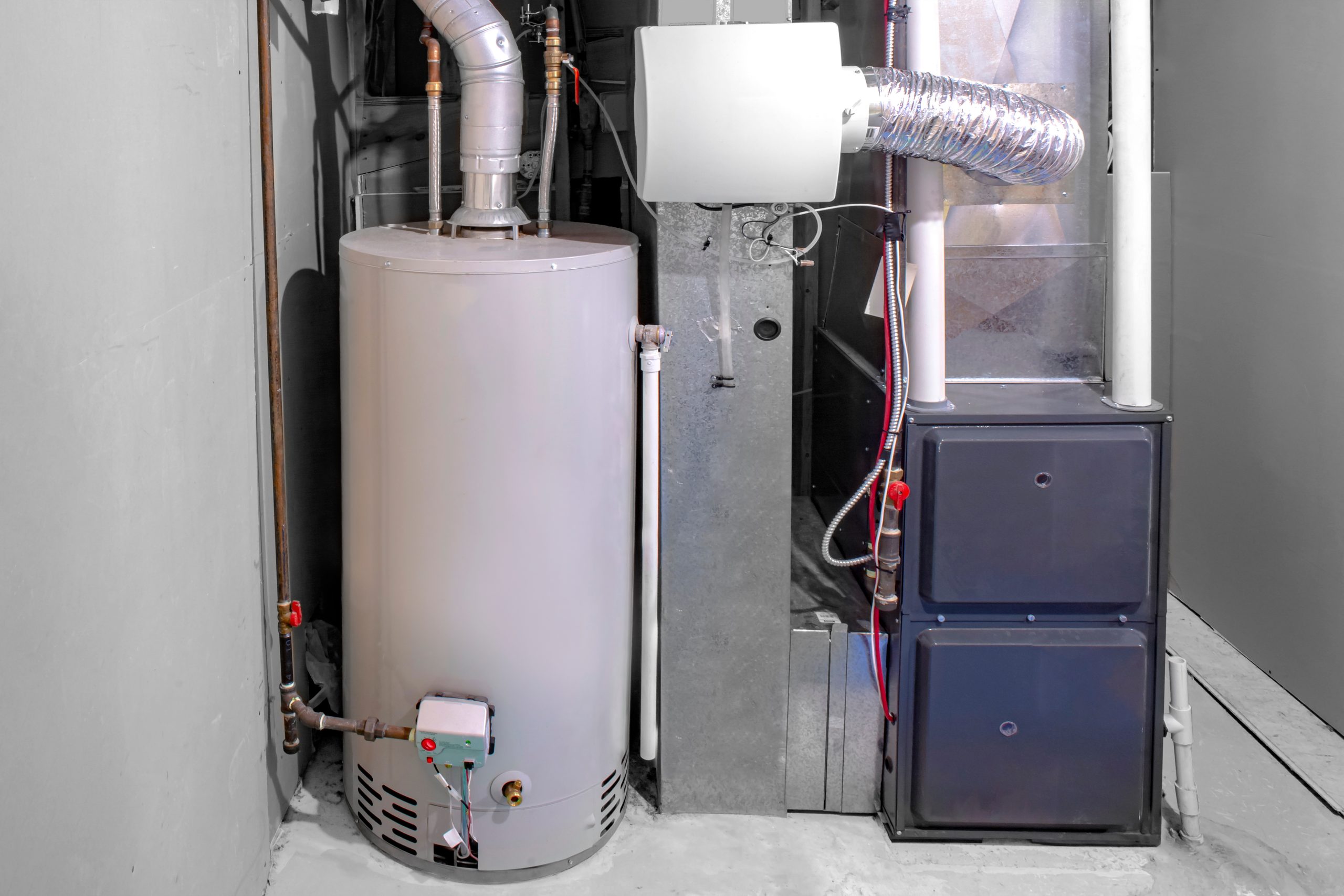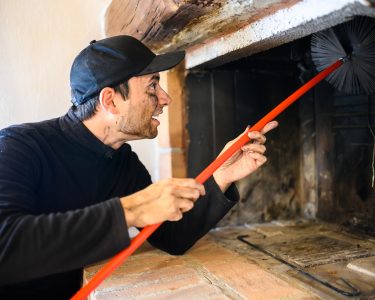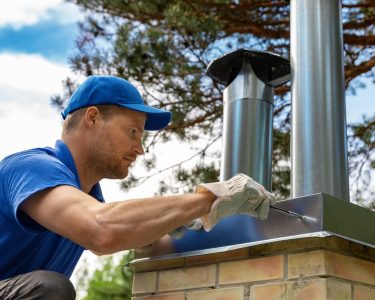The choice of a residential furnace is a significant decision for homeowners, impacting not only the warmth and comfort of their home but also its energy efficiency and cost. In the ever-evolving landscape of home heating solutions, understanding the nuances of different furnace types is crucial. These systems vary widely in terms of energy source, efficiency, installation complexity, and maintenance needs, making it important for homeowners to consider their options carefully.
Adding to this complexity is the critical role of home inspectors in the selection and maintenance process. These professionals offer invaluable insights into the condition, safety, and efficiency of heating systems. Their evaluations help ensure that homeowners make informed decisions, whether they’re installing a new system or assessing the condition of an existing one. This guide delves into the most common types of residential furnaces, enriched with expert insights on what to expect during a home inspection.
Gas Furnaces: Efficiency and Popularity
Gas furnaces are a popular choice among homeowners due to their efficiency and cost-effectiveness. These units operate by burning natural gas to produce heat, offering a reliable heating solution during the colder months. When considering a gas furnace, it’s essential to have a qualified home inspector assess the system’s condition, especially the heat exchanger and venting system, to prevent carbon monoxide leaks and ensure efficient operation.
Electric Furnaces: Simplicity and Safety
Electric furnaces, known for their simplicity and safety, convert electrical energy into heat. Although they are generally more expensive to operate due to higher electricity costs, electric furnaces offer a longer lifespan and require less maintenance than their gas counterparts. Home inspectors focus on the electrical connections and components of these systems, ensuring they meet safety standards and are in good working order.
Oil Furnaces: Power and Necessity
In areas where natural gas is not readily available, oil furnaces provide a powerful heating solution. These systems require a storage tank for the oil, which is burned to produce heat. Home inspectors examine oil furnaces for potential leaks in the tank and lines, efficiency of the burn, and the condition of the furnace itself, ensuring it’s properly maintained and functioning efficiently.
Heat Pumps: Versatility and Energy Efficiency
Although not traditional furnaces, heat pumps are an increasingly popular choice for heating and cooling homes. They work by transferring heat from the outside air or ground into the home. During a home inspection, the inspector evaluates the heat pump’s condition, checks for proper installation, and assesses its efficiency. Given their complex nature, understanding the maintenance history and having regular inspections are crucial for optimal performance.
The Role of Home Inspectors
Home inspectors play a vital role in the purchase, maintenance, and safety of residential heating systems. They provide unbiased assessments of the furnace’s condition, offering peace of mind and helping homeowners avoid costly repairs down the line. Inspectors look for signs of wear and tear, improper installation, and potential safety hazards, such as gas leaks or faulty electrical wiring. Their expertise can guide homeowners in making informed decisions about maintaining, repairing, or replacing their heating systems.
Maintaining Your Furnace
Regular maintenance is crucial for the longevity and efficiency of any furnace type. This includes changing filters, cleaning ducts, and scheduling professional inspections. Home inspectors often provide recommendations for routine maintenance and can identify issues before they become major problems, ensuring your home remains warm and safe throughout the winter months.
Conclusion: Making an Informed Choice
Choosing the right furnace for your home involves considering various factors, including fuel type, efficiency, and cost. By understanding the different types of residential furnaces and the importance of thorough inspection by a certified home inspector, homeowners can make informed decisions that ensure their home’s heating system is safe, efficient, and reliable. Whether you’re installing a new furnace or maintaining an existing one, the insights of a professional home inspector are invaluable in navigating the complexities of residential heating.
Remember, the key to a warm, comfortable, and safe home during the cold seasons lies in selecting the right heating system and ensuring it is well-maintained and inspected. By investing in the right type of furnace and valuing the role of professional inspections, homeowners can enjoy peace of mind and efficient heating for years to come.




